Third Annual SeaKeepers/Georgia Aquarium Teacher Workshop PD
DISCOVERY Vessel River Queen
Miami, Florida
June 27-30, 2024
Overview
From June 27th-30th, 2024, The International SeaKeepers Society hosted the third annual Teacher Workshop professional development (PD) weekend in collaboration with Georgia Aquarium. SeaKeepers’ education team was joined by 10 middle and high school teachers from seven different counties in Georgia for a weekend of marine science educational activities. We began our weekend with introductions and a presentation from Miami Waterkeeper’s Education and Outreach Team. Miami Waterkeeper introduced the teachers to Biscayne Bay and the creatures that inhabit it and identified many sources of pollution such as dredging, sewage leaks, and fertilizer runoff, that they might identify throughout the weekend and when returning to their own communities. This presentation was a great kickoff to our weekend and gave teachers some context on how they and their students can become empowered to protect their local environment and community health.
Now equipped with some background knowledge, we headed out on Biscayne Bay for our second day aboard DISCOVERY Yacht River Queen. The teachers were able to experience a traditional SeaKeepers floating classroom, during which we discussed the impacts of urbanization on the bay’s ecosystems and even spotted some local fauna like a Dwarf Seahorse and Florida Manatee! We entered Oleta State Park and observed the difference in the appearance of the water in the park vs. the bay. We collected a water sample from Oleta State Park and used our EarthEcho kits to test the water for parameters such as temperature, pH, dissolved oxygen level and turbidity. After completing our testing and discussing our findings, especially in relation to the early hurricane season in 2024, we headed over to Sandspur Island, a picnic island in the bay that is frequently polluted due to a lack of efficient waste management processes. With a quick coastal cleanup we removed 75 pounds of trash from the island ahead of the major holiday of July 4th which attracts so many locals and tourists alike to our beautiful Biscayne Bay. Following our cleanup, we discussed major observations about what we found in comparison to what we use in our own daily lives and how we can educate students and adults alike on the dangers of plastic pollution in our waterways and communities. We finished our day with a presentation on accessibility in STEM education, highlighting techniques that can be incorporated into various different types of science lessons and enhance the learning experience for students of all ages. To prepare for day three, we discussed fish physiology and fauna identification techniques, especially those used in field science to complete surveys on community health and biodiversity.
To start the third day of our workshop, we headed up to Sea Experience in Fort Lauderdale, where we boarded a glass bottom snorkeling boat and headed out to Twin Ledges reef. We spent a couple hours at the site snorkeling and practicing species identification and abundance counts using introductory information we learned about marine physiology and reef ecology. Using fish ID cards, the teachers were encouraged to quantify the amount of species they saw and try to identify them. Many species of marine creatures were spotted including Bermuda chubs, parrotfish, angelfish, lobsters, and even rays! Despite the diminished health of Florida barrier reefs, some hard and soft corals were observed, though many looked like they might be infected with tissue damaging diseases influenced by urban pollution and climate change.
After an amazing day on the water, we wrapped up our day with a discussion titled “Bringing It Home” aimed at applying the concepts learned to the environments in Georgia that the teachers live and work in. Many teachers shared the challenges and limitations they face in their classrooms, including concerns of limited accessibility to resources that would allow them to take their students out of the classroom and into the environment. We wrapped up our conversation by sharing tools and resources that would better allow these teachers to engage their students in marine science, conservation, and field activities in their local environments.
To conclude our weekend, SeaKeepers and the Georgia Aquarium brought the cohort of teachers to the Biscayne Nature Center, where they were able to explore the resources provided to teachers here in Miami-Dade County that might also be accessible by our Georgia partner educators. Led by BNC educator staff, our teacher workshop teachers were able to further explore the ecology of Biscayne Bay and see some of the activities provided to students and educators through the nature center’s programming. Our lucky participants will also be walking away from the workshop with a full online database of resources to incorporate into their classrooms, including free lesson plans, teaching graphics, nature center contacts, grant opportunities, as well as some physical teaching resources like EarthEcho water quality kits to utilize with their students. By curating these resources for our participating educators, we hope to further extend the impact of the workshop so that these teachers can reap the benefits of this weekend experience for years to come.
We had an amazing weekend with all of the teachers we hosted, and we look forward to maintaining our connections with them in order to support them in educating a new generation of students about the importance of marine conservation!

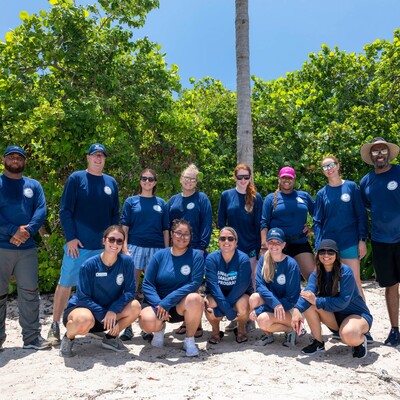
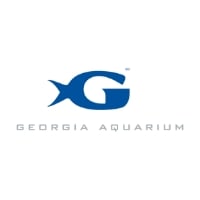
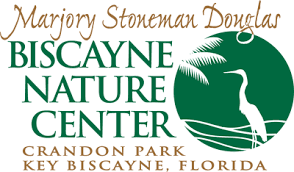

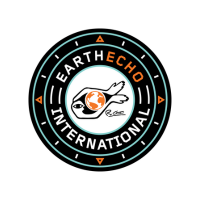
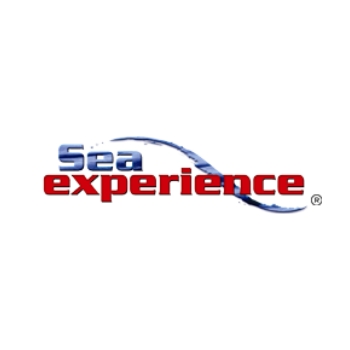
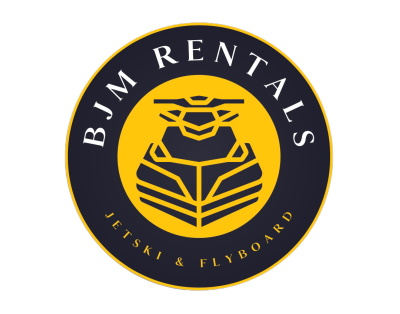
You must be logged in to post a comment.